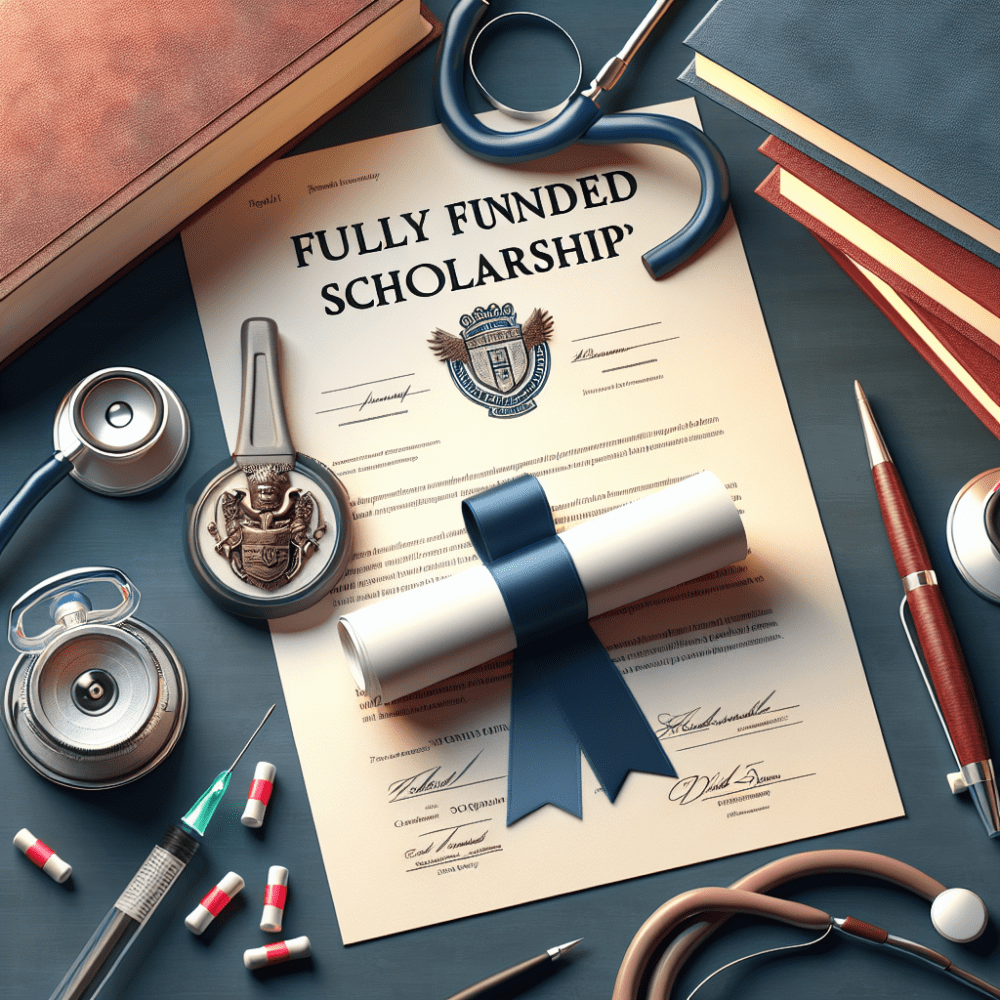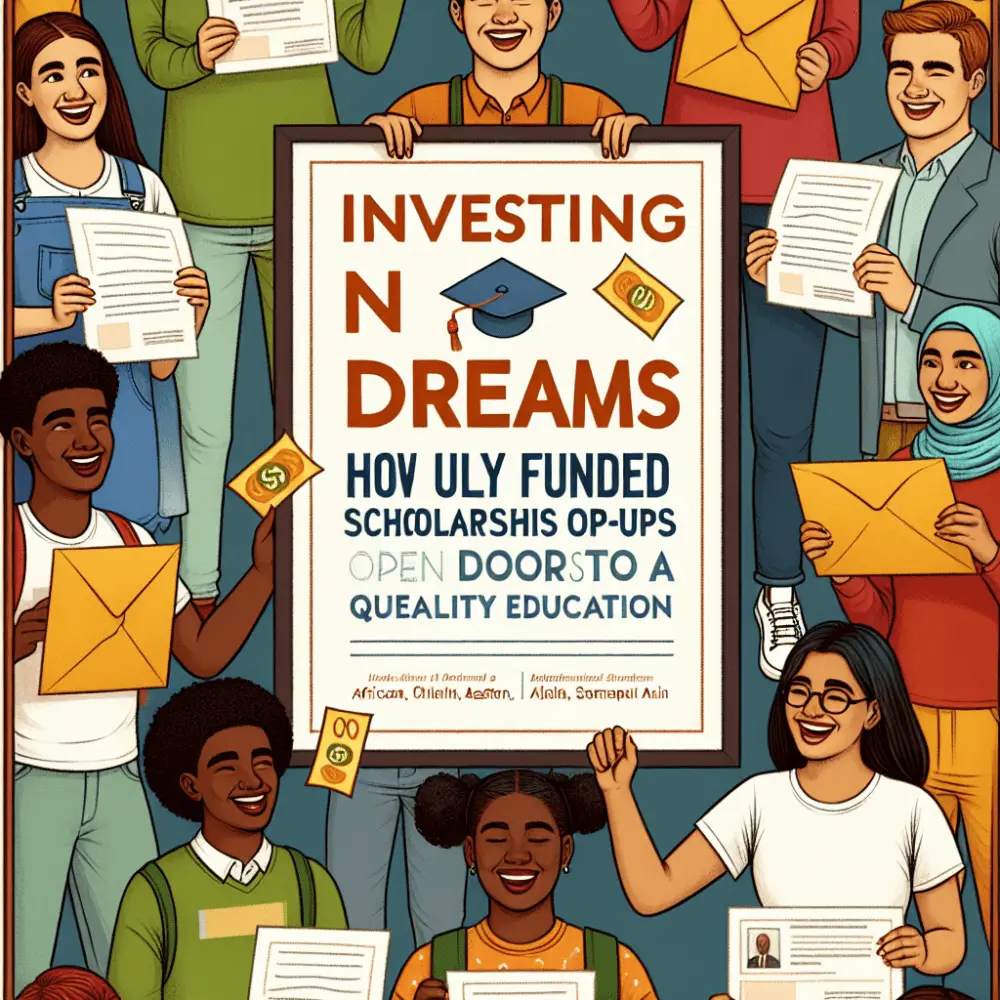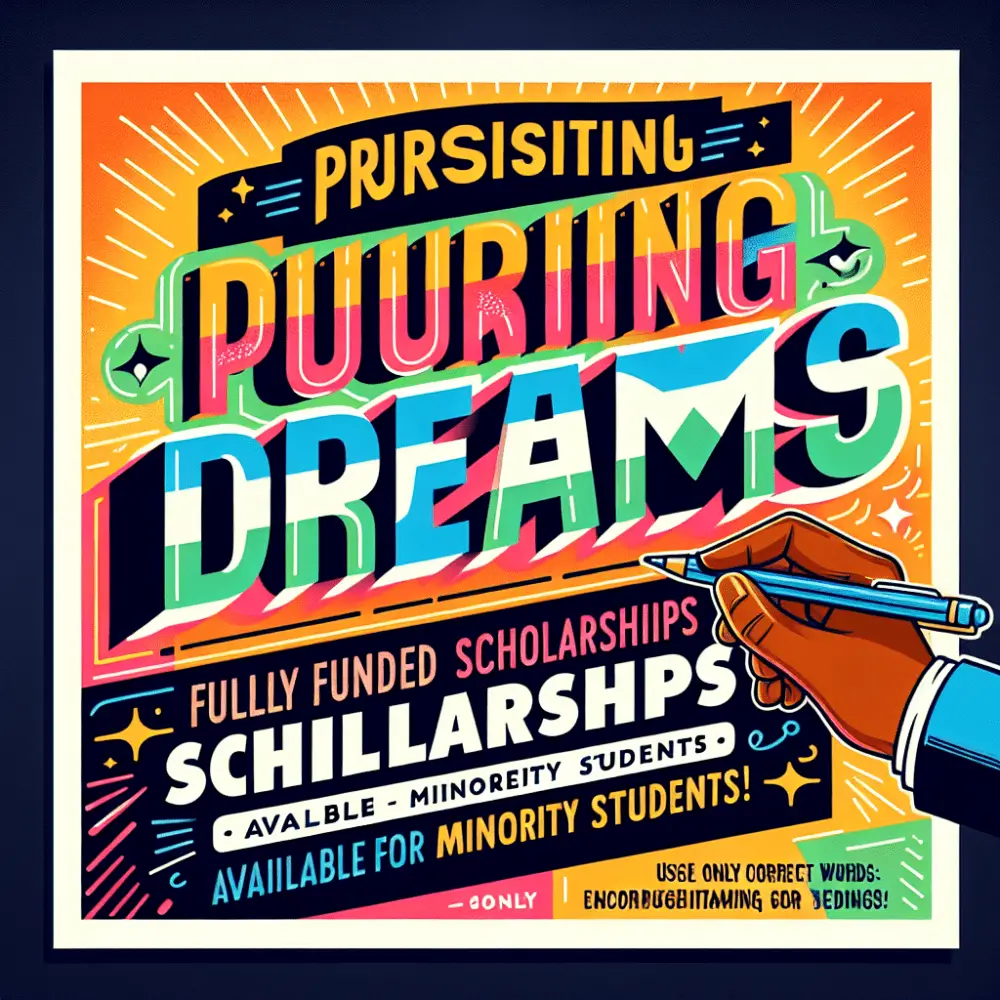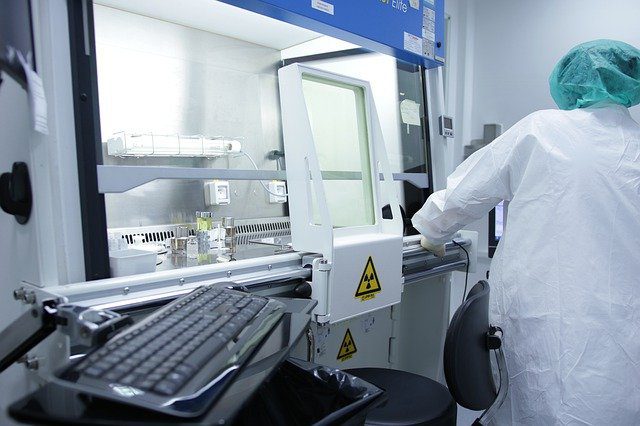
Pursuing a career in medicine is a dream for many. However, the high cost of medical education can be a significant barrier for aspiring doctors. Fully funded scholarships can make this dream more attainable by covering tuition fees, living expenses, and sometimes even additional costs such as books and travel. This article explores various fully funded scholarship opportunities available to medical students and provides essential information on how to apply for them.
Why Scholarships Are Important for Medical Students
Medical school is notoriously expensive. In the United States, the average cost of attending a public medical school is around $40,000 per year for in-state students and $60,000 per year for out-of-state students. Private medical schools can cost even more. These figures do not include living expenses, books, or other miscellaneous costs.
Scholarships alleviate financial stress and allow students to focus on their studies rather than worrying about debt. They also open doors to talented individuals who might otherwise be unable to afford a medical education.
Types of Fully Funded Scholarships
Fully funded scholarships come in various forms, each with its eligibility criteria and benefits. Here are some common types:
Merit-Based Scholarships
Merit-based scholarships are awarded based on academic excellence, extracurricular involvement, leadership qualities, or other achievements. They are highly competitive but offer substantial financial support.
Need-Based Scholarships
Need-based scholarships consider the financial situation of the applicant’s family. These scholarships aim to assist students who demonstrate significant financial need.
Special Interest Scholarships
These scholarships target specific groups of students based on gender, ethnicity, or field of study within medicine (such as pediatrics or oncology).
Government-Funded Scholarships
Many governments offer fully funded scholarships for medical students in exchange for service commitments after graduation. These programs often require recipients to work in underserved areas or public health sectors.
International Scholarships
Various organizations offer fully funded scholarships specifically designed for international students wishing to study medicine abroad.
Notable Fully Funded Scholarship Programs
Several well-known scholarship programs provide full funding to medical students. Below are some notable examples:
The Gates Millennium Scholars Program
Funded by the Bill & Melinda Gates Foundation, this program covers the full cost of tuition, fees, books, and living expenses for outstanding minority students pursuing degrees in various fields, including medicine.
NIH Medical Scientist Training Program (MSTP)
The MSTP offers full funding to MD-PhD dual-degree candidates at participating institutions across the United States. It covers tuition costs and provides stipends for living expenses while promoting research careers among future physicians.
The Jack Kent Cooke Foundation Graduate Scholarship Program
This program offers up to $50,000 per year to high-achieving undergraduate seniors and recent graduates who plan to attend graduate school in any field, including medicine.
The Fulbright Foreign Student Program
Administered by the U.S. Department of State’s Bureau of Educational and Cultural Affairs (ECA), this program provides full funding for international students who wish to pursue graduate studies, including medical degrees, in the United States.
Commonwealth Medical Fellowships
Funded by the UK government’s Department for International Development (DFID), these fellowships provide full funding, including tuition fees and living allowances, for citizens from developing Commonwealth countries pursuing master’s degrees in various fields, including medicine, at UK institutions.
How To Apply For Fully Funded Medical Scholarships
Applying for fully funded scholarships requires careful preparation and attention to detail. Here are some general steps:
Research Opportunities Early On
Start researching scholarship opportunities early—ideally during your undergraduate years or even before entering college if possible—to get an idea about deadlines, requirements, application processes, etc.
Prepare Required Documents
Typical application requirements include academic transcripts, recommendation letters, personal statements/essays, resumes/CVs, standardized test scores (GRE, MCAT, etc.). Make sure all documents are updated, accurate, relevant, and well-organized.
Write Compelling Essays and Personal Statements
Your essay or personal statement should reflect genuine passion and commitment toward the field. Convey your unique experiences, abilities, and goals clearly and concisely. Seek feedback and revise multiple times to ensure the best possible quality.
Obtain Strong Letters of Recommendation
Choose recommenders who know you well and can speak positively regarding your qualifications, character, and potential for success within your chosen field. Provide them ample time and necessary materials to craft a detailed and supportive letter.
Submit Applications On Time
Pay close attention to submission deadlines and ensure all materials are submitted in a timely manner. Avoid last-minute issues and technical difficulties that could result in missed opportunities. Keep track of multiple applications using a spreadsheet or calendar system to stay organized throughout the process.
Conclusion
Fully funded scholarships play a crucial role in making medical education accessible and affordable to talented individuals regardless of their economic background. By understanding the different types available, the prominent programs offered, and learning effective strategies to apply successfully, candidates can significantly increase their chances of securing the financial support needed to achieve their dreams of becoming doctors. Ultimately, these scholarships contribute to better healthcare systems and communities around the world.

















